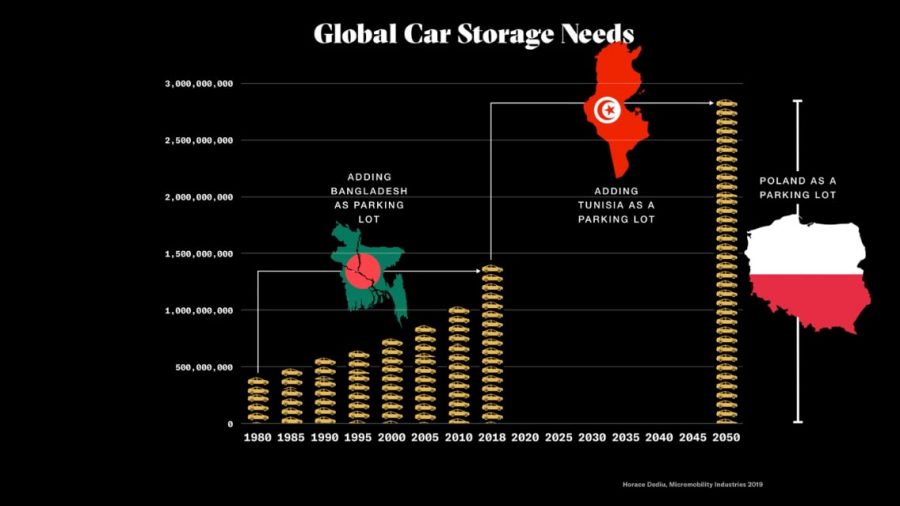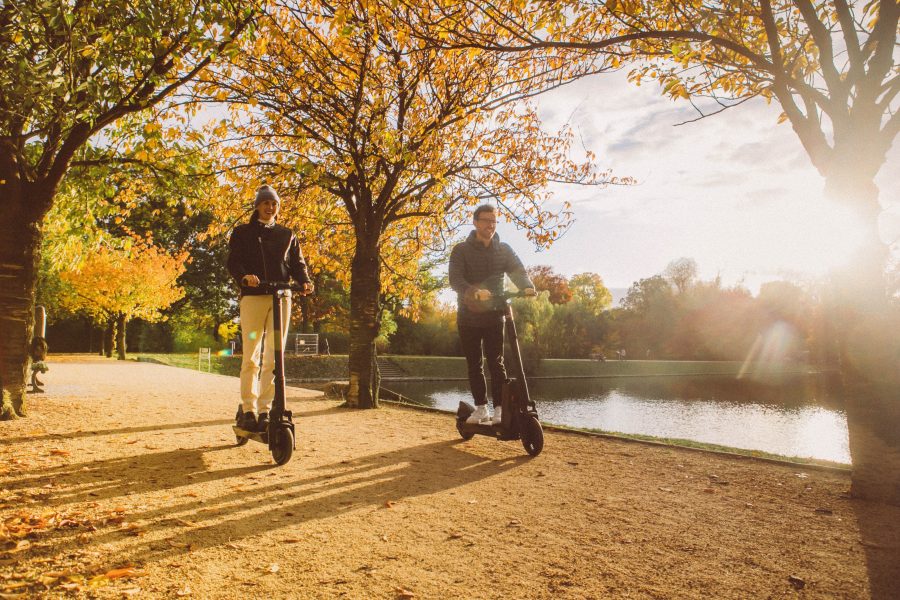Green number plates won’t solve the urban mobility problem

Single occupant vehicles in city centres continue to be a troublesome topic. You may have read this week that the Department for Transport is considering a new scheme to differentiate registration plates on electric vehicles, marking them green.

Image1: Department for Transport, 2019
The initiative aims to make it easier for councils and local authorities to differentiate between ICE vehicles and electric vehicles, enabling them to offer incentives to the latter. If this promotes the switch from cars that emit harmful pollutants into our city air, then it’s a good thing. However, it will only go a short distance in terms of tackling other significant issues with cars in our cities.
If EVs qualify for cheaper parking, for example, we are then further incentivising single vehicle ownership and subsidising automobility by offering valuable urban space to parking. This is not a sustainable option for cities.
A recent stat shared by Horace Dediu at the Micromobility Industries conference in Berlin suggested that if rates of vehicle ownership rise at current rates, we will need to allocate space the size of Poland to car parking by 2050.

Image2: Horace Dediu, Micromobility Industries, 2019
Our cities don’t have that capacity. Alternatives to car ownership must be provided for city residents over further incentives to drive to ensure we can keep the world’s cities moving.
While the green number plate scheme is a step in the right direction in tackling the severe problem we have with air pollution, it won’t dent the challenges of congestion or further incentives to automobility.
It would be great to see the Department for Transport investing further in promoting micromobility projects and similar initiatives in modes of transport that ask less of their environments than cars. We are just at the tip of the iceberg in exploring the potential for these technologies. As we continue to face increasing urbanisation rates, the challenge of keeping city residents moving is going to become more complex.
While still in its proposal stage, we would advocate for bolder plans to tackle the issues inherent to vehicle ownership in urban space. If we are to unlock the potential for mobility in our cities, then we need to do more to keep pace with more forward-thinking cities around the world and create a space for experimentation. Now is the time.


